Ancient Parasite Still Infects Oysters After 480 Million Years
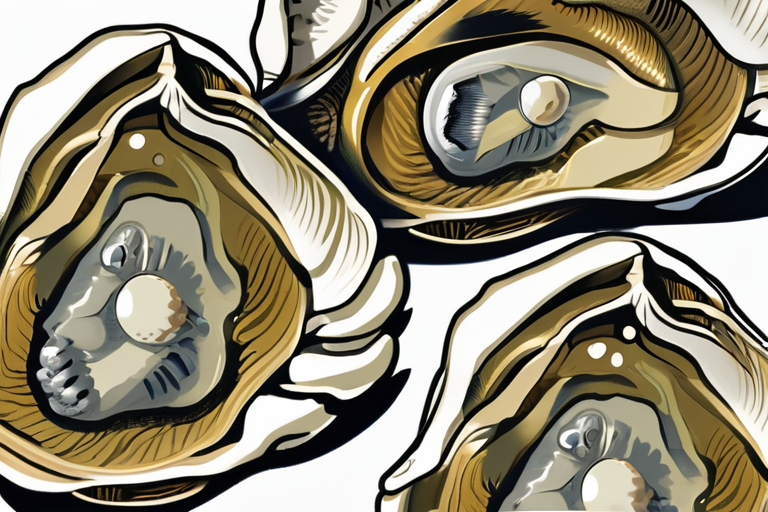
Multi-Source Journalism
This article synthesizes reporting from multiple credible news sources to provide comprehensive, balanced coverage.

Multi-Source Journalism
This article synthesizes reporting from multiple credible news sources to provide comprehensive, balanced coverage.
Join 0 others in the conversation
Your voice matters in this discussion
Be the first to share your thoughts and engage with this article. Your perspective matters!
Discover more articles
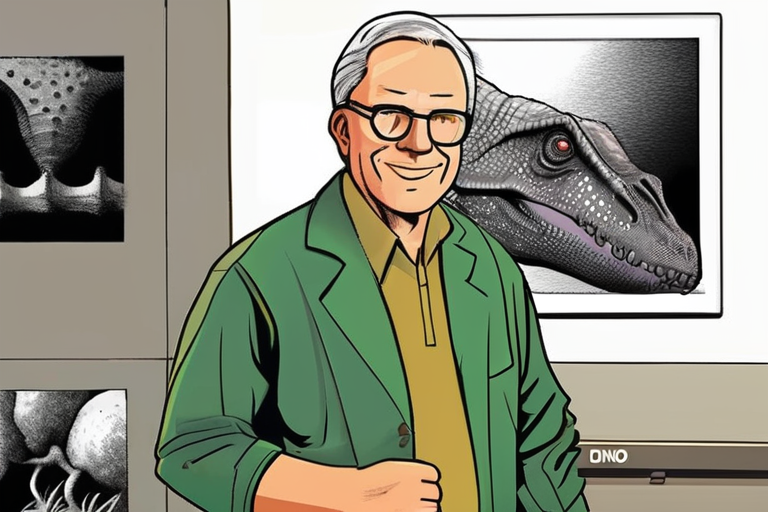
Renowned paleontologist Mark Norell has passed away at 68, leaving behind a legacy that forever changed our understanding of dinosaurs. By proving that birds are direct descendants of these prehistoric creatures, Norell's groundbreaking work showed u
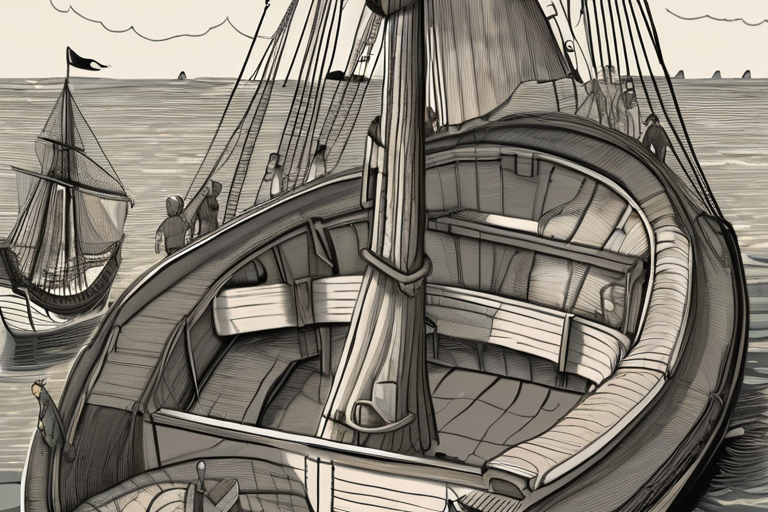
The arrival of Christopher Columbus in 1492 inadvertently introduced the common European earthworm (Lumbricus terrestris) to North America, a species that had been absent from the continent for thousands of years due to the Ice Age. This ecological t
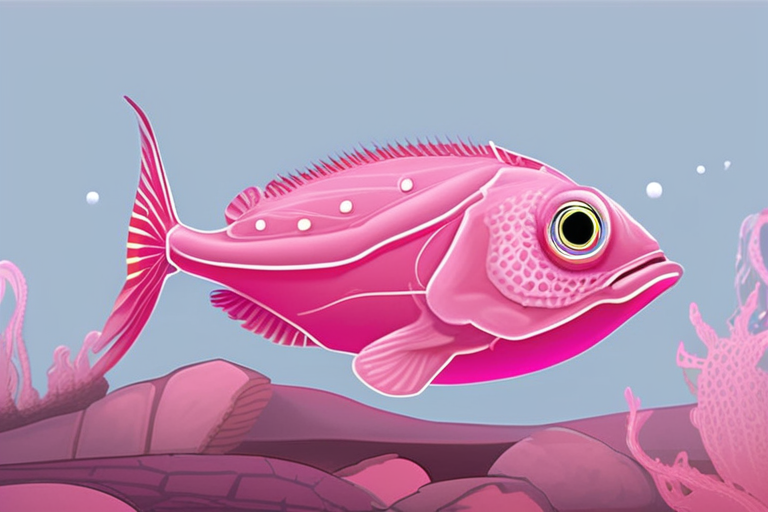
Scientists have made a groundbreaking discovery in the deep ocean, uncovering three new species of snailfish, including the striking pink bumpy snailfish. This remarkable find was made possible by advanced technology and international collaborations,
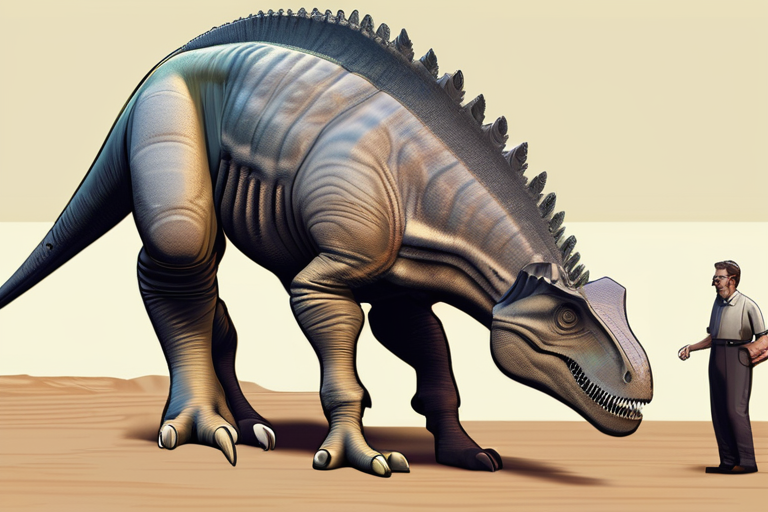
In a thrilling tale of scientific sleuthing, a great-grandmother's Wyoming ranching past helped paleontologist Paul Sereno track down a 1908 dinosaur mummy discovery, shedding new light on the ancient Edmontosaurus annectens. By painstakingly studyin
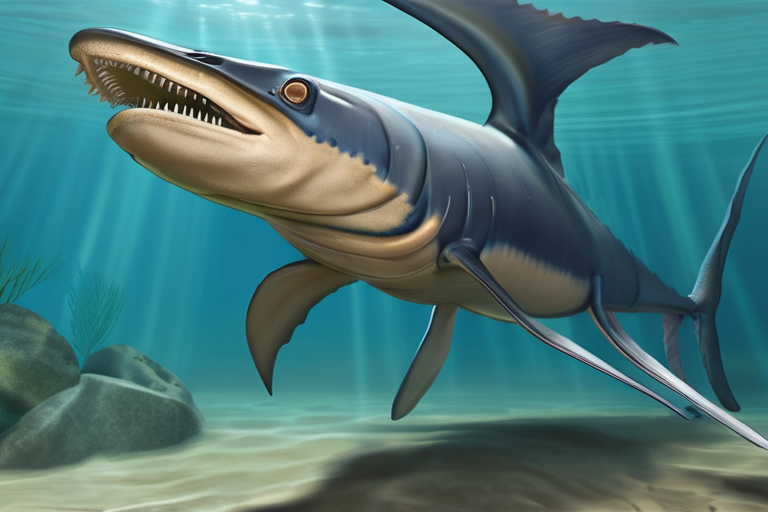
Scientists in Germany have unearthed a remarkable Jurassic-era sea monster, Eurhinosaurus mistelgauensis, with a distinctive swordfish-like snout and unique skeletal features. The discovery highlights the significance of Mistelgau as a global fossil
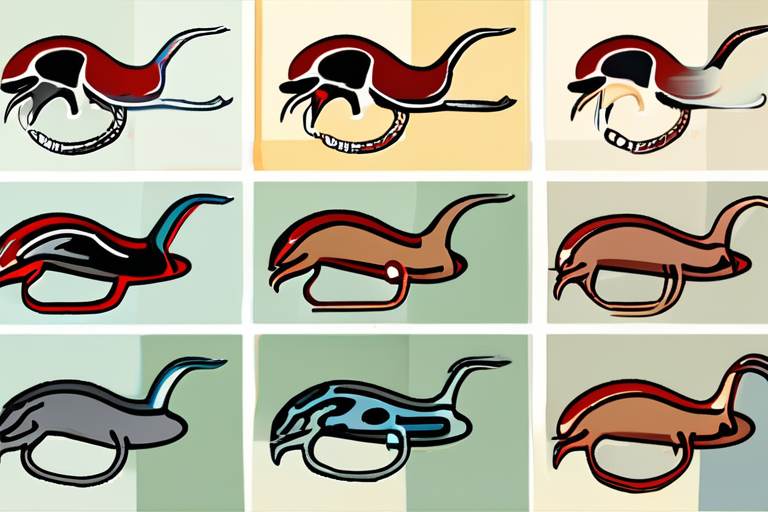
A groundbreaking 430-million-year-old fossil has significantly revised our understanding of leech evolution, revealing that these creatures originated as ocean hunters rather than bloodsuckers at least 200 million years earlier than previously believ

Marine ecologist Mei Lin Neo shares her work at a Singaporean laboratory where she studies and conserves sea urchins, monitoring their response to environmental changes and exploring sustainable aquaculture methods to combat over-harvesting. The lab
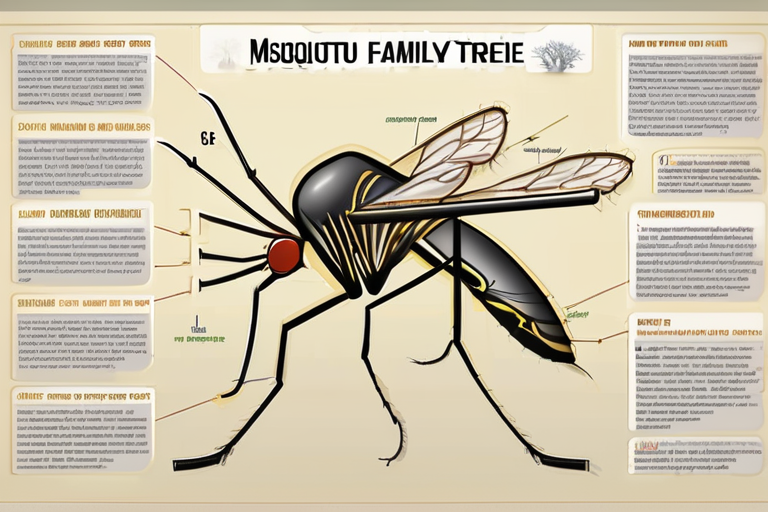
A new study has revised the family tree of mosquitoes, revealing that they evolved around 100 million years later than previously thought. The research suggests that modern mosquito ancestors emerged alongside the precursors to malaria-causing parasi
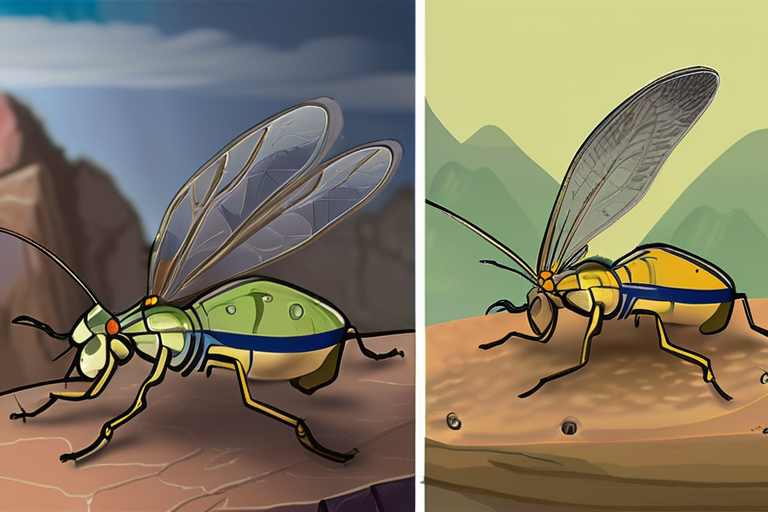
In a groundbreaking discovery, researchers have unearthed a 112-million-year-old time capsule in an Ecuadorian quarry, revealing a lush, humid forest teeming with ancient insects and plant life on the supercontinent Gondwana. The preserved amber depo
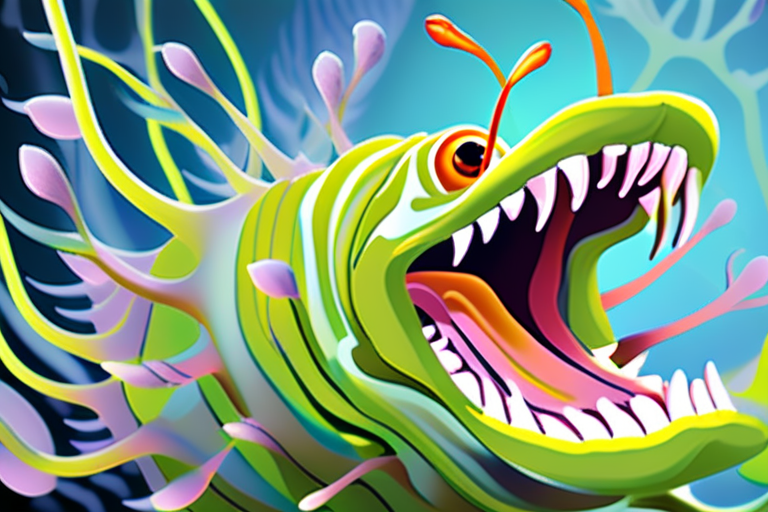
Scientists have discovered that the deep-sea worm Paralvinella hessleri creates a toxic yellow pigment called orpiment, a mineral previously used by artists, by accumulating arsenic particles on its skin and reacting them with sulfide from its enviro
Scientists have discovered a 310-million-year-old fossilized fish that possessed a unique adaptation - a hidden second jaw - which allowed it to eat tough prey like shells and insects. This ancient fish, Platysomus parvulus, employed a tongue bite me
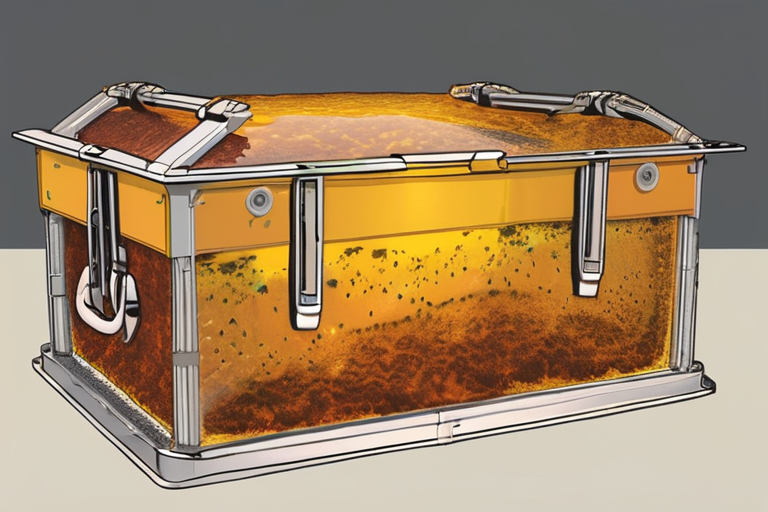
In a groundbreaking discovery, researchers have unearthed a 112-million-year-old time capsule in an Ecuadorian quarry, revealing a previously unknown ecosystem on the ancient supercontinent Gondwana. The amber deposits contain a diverse array of pres
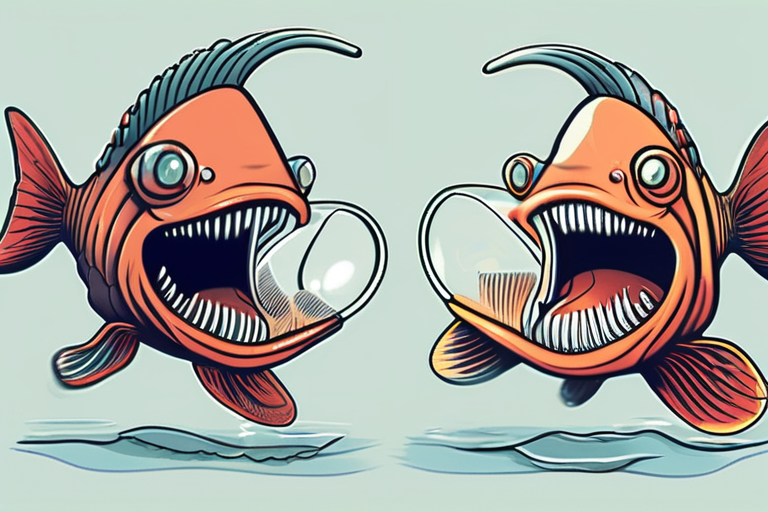
Scientists have made a groundbreaking discovery in the field of dental evolution, finding that true teeth are growing on the head of the spotted ratfish, a distant shark relative. This unusual structure, called a tenaculum, serves as a mating tool fo
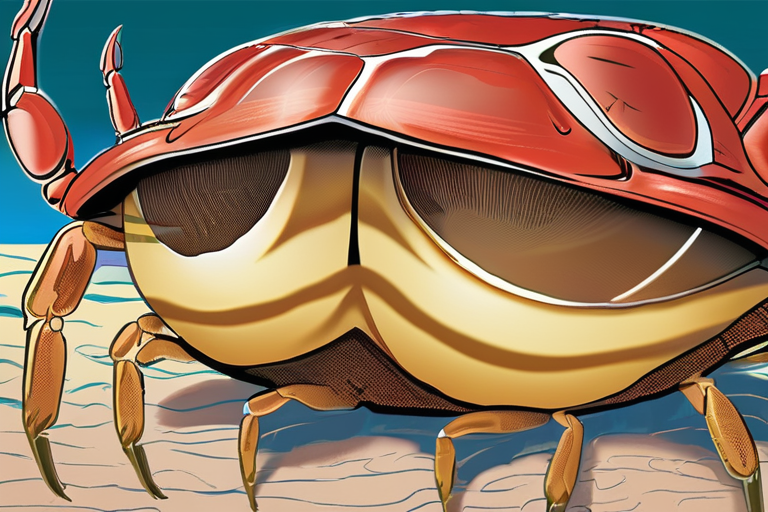
Researchers at the Virginia Institute of Marine Science have discovered that egg-eating worms living on Chesapeake Bay blue crabs can serve as natural biomarkers to track crab reproduction, potentially revolutionizing fishery management. These resili
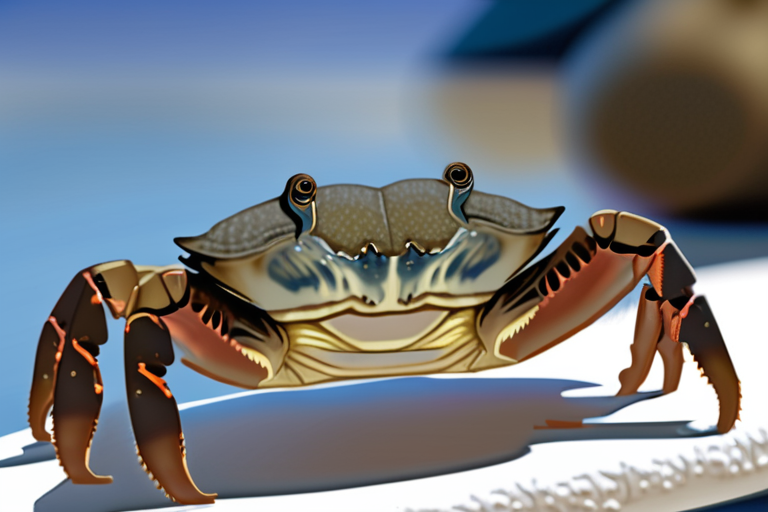
Researchers at the Virginia Institute of Marine Science have discovered that egg-eating worms living on Chesapeake Bay blue crabs can serve as a natural indicator for tracking crab reproduction, potentially revolutionizing fishery management. These r
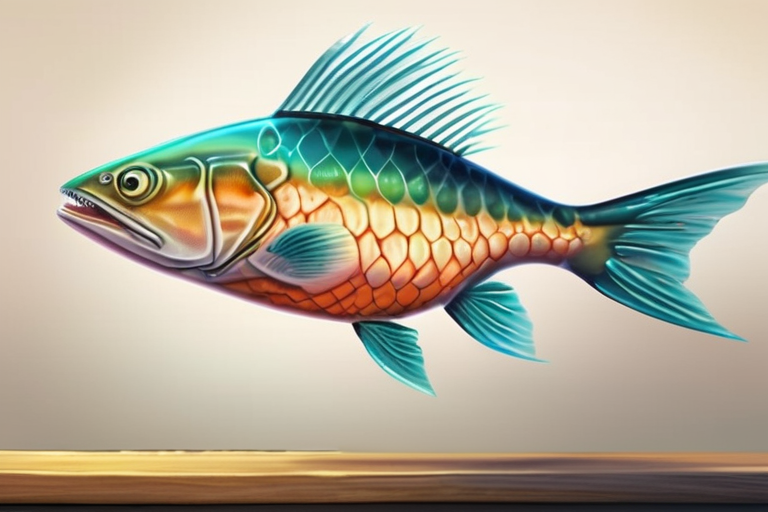
Scientists have made a groundbreaking discovery in the field of vertebrate evolution, finding true teeth growing on the head of the spotted ratfish, a distant shark relative. This unexpected finding challenges long-held assumptions about tooth develo
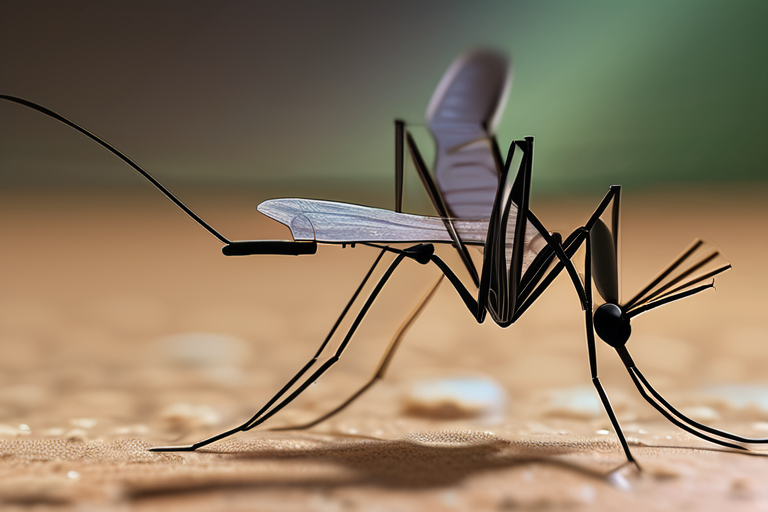
A reevaluation of the mosquito family tree has revealed that modern mosquitoes evolved approximately 100 million years later than previously believed, emerging around the same time as the ancestors of malaria-causing parasites. This discovery suggest
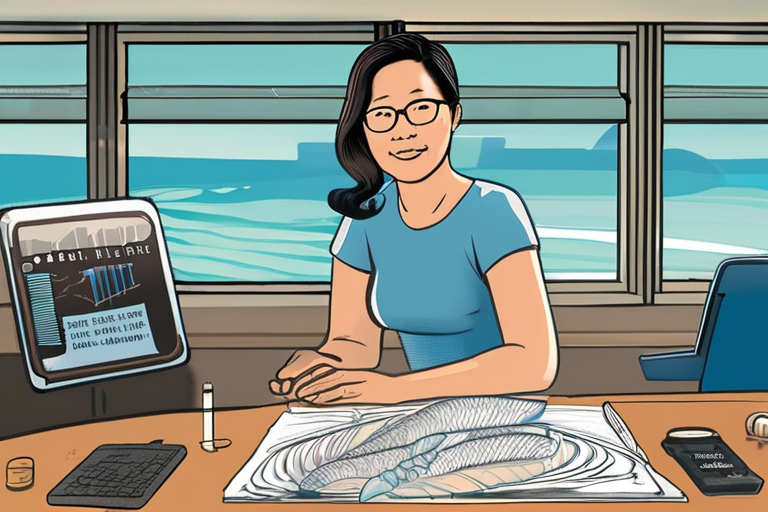
Marine ecologist Mei Lin Neo shares her work at a Singaporean laboratory where she cares for sea urchins and other marine invertebrates, studying their ecology and conservation. Her research aims to understand how these creatures respond to environme
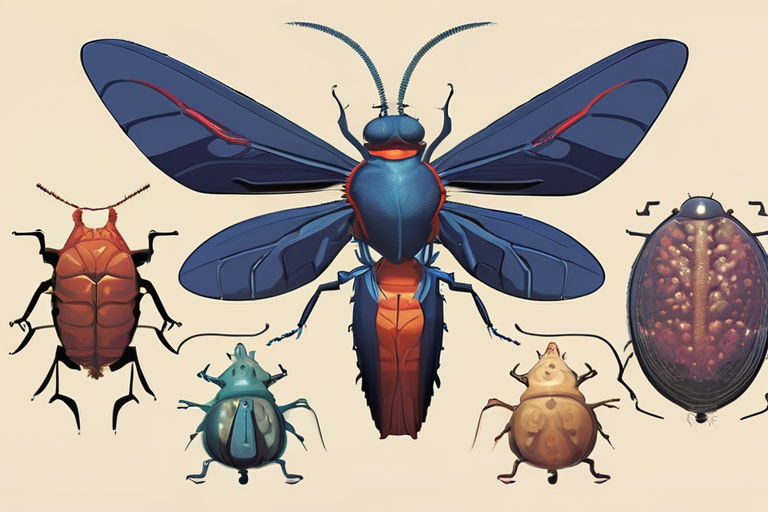
Scientists have discovered that certain parasites can manipulate insects and other animals, essentially turning them into "zombies" to further their own survival and reproduction. This phenomenon, observed in various species such as cicadas, flies, a
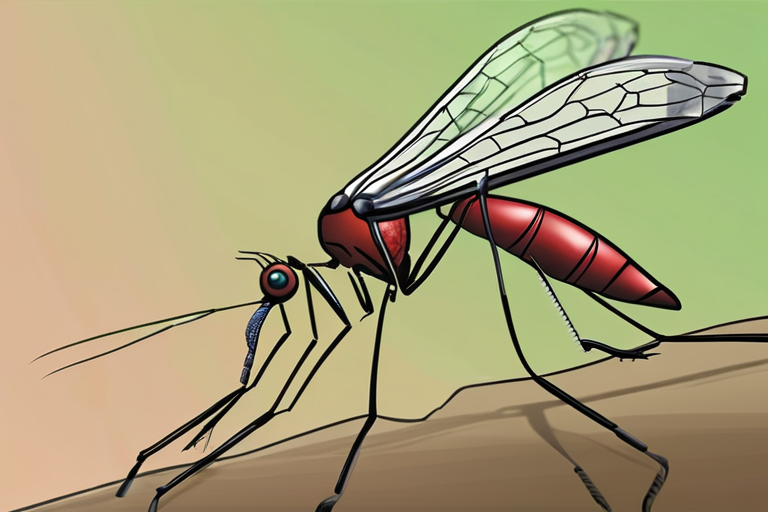
New research suggests that modern mosquitoes evolved approximately 100 million years later than previously believed, emerging around the same time as the ancestors of malaria-causing parasites. This revised timeline is based on a re-examination of th
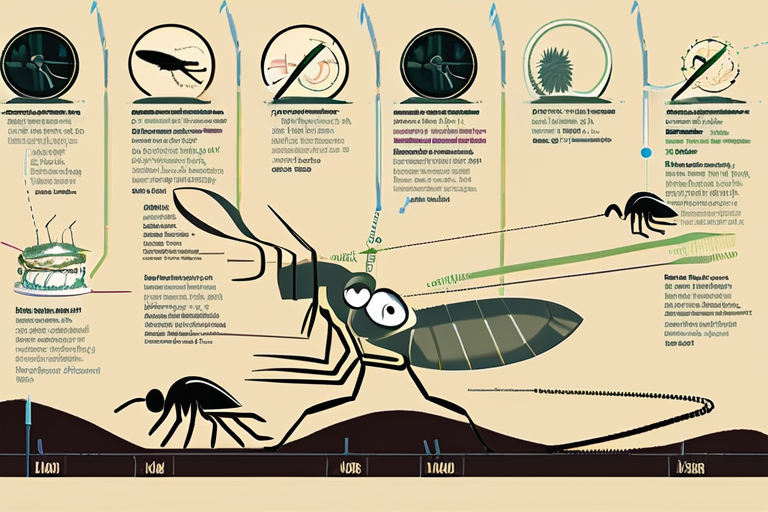
A recent study has revised the mosquito family tree, suggesting that modern mosquitoes evolved around 100 million years later than previously thought. This new timeline coincides with the emergence of Plasmodium parasites, which cause malaria in huma
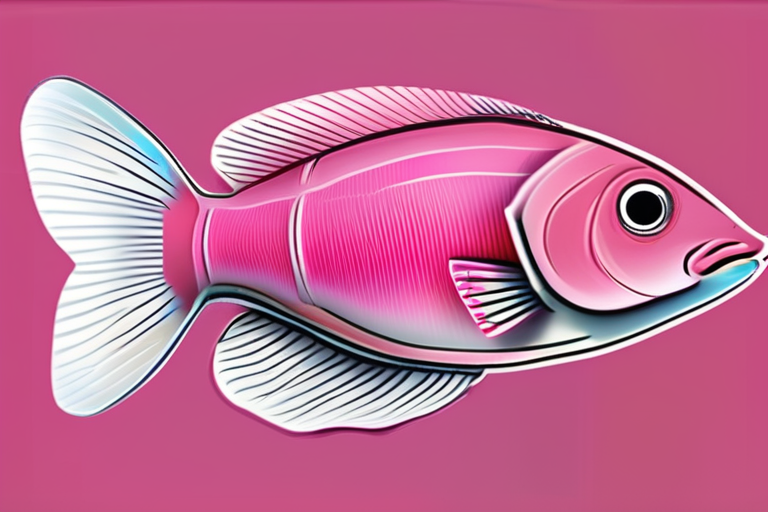
Scientists have made a groundbreaking discovery in the deep sea, identifying three new species of snailfish, including the striking pink bumpy snailfish. Found thousands of meters below the surface off California, these fish exhibit remarkable adapta
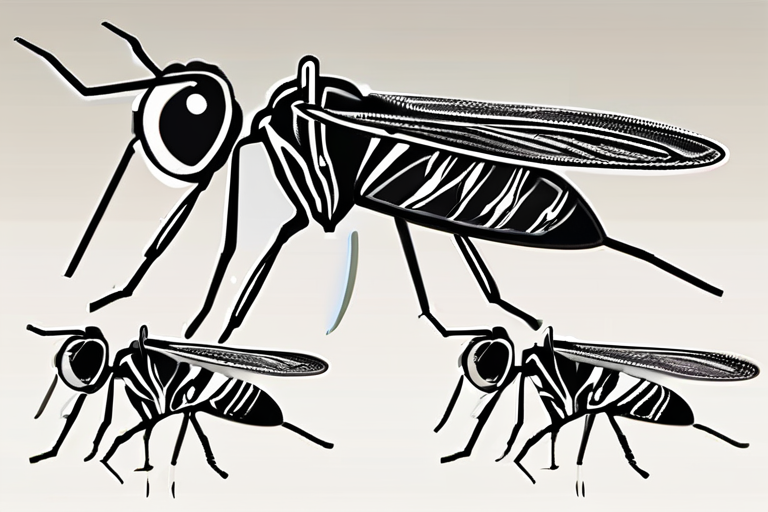
Recent research has revised the mosquito family tree, suggesting that modern mosquitoes evolved around 125 million years ago, significantly younger than previously thought. This discovery coincides with the emergence of Plasmodium parasites, which ca
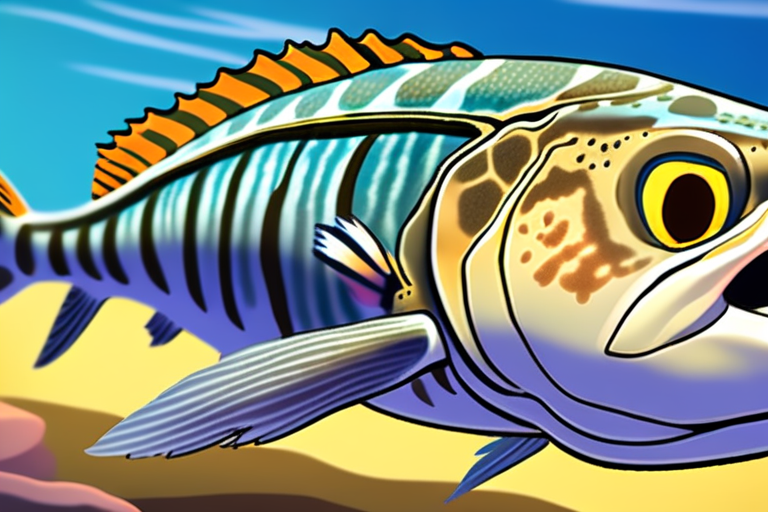
Scientists have discovered a 310-million-year-old fossilized fish that possessed a unique adaptation - a hidden second jaw - which allowed it to eat tough prey like shells and insects. This ancient fish, Platysomus parvulus, employed a tongue bite me
Share & Engage Share
Share this article